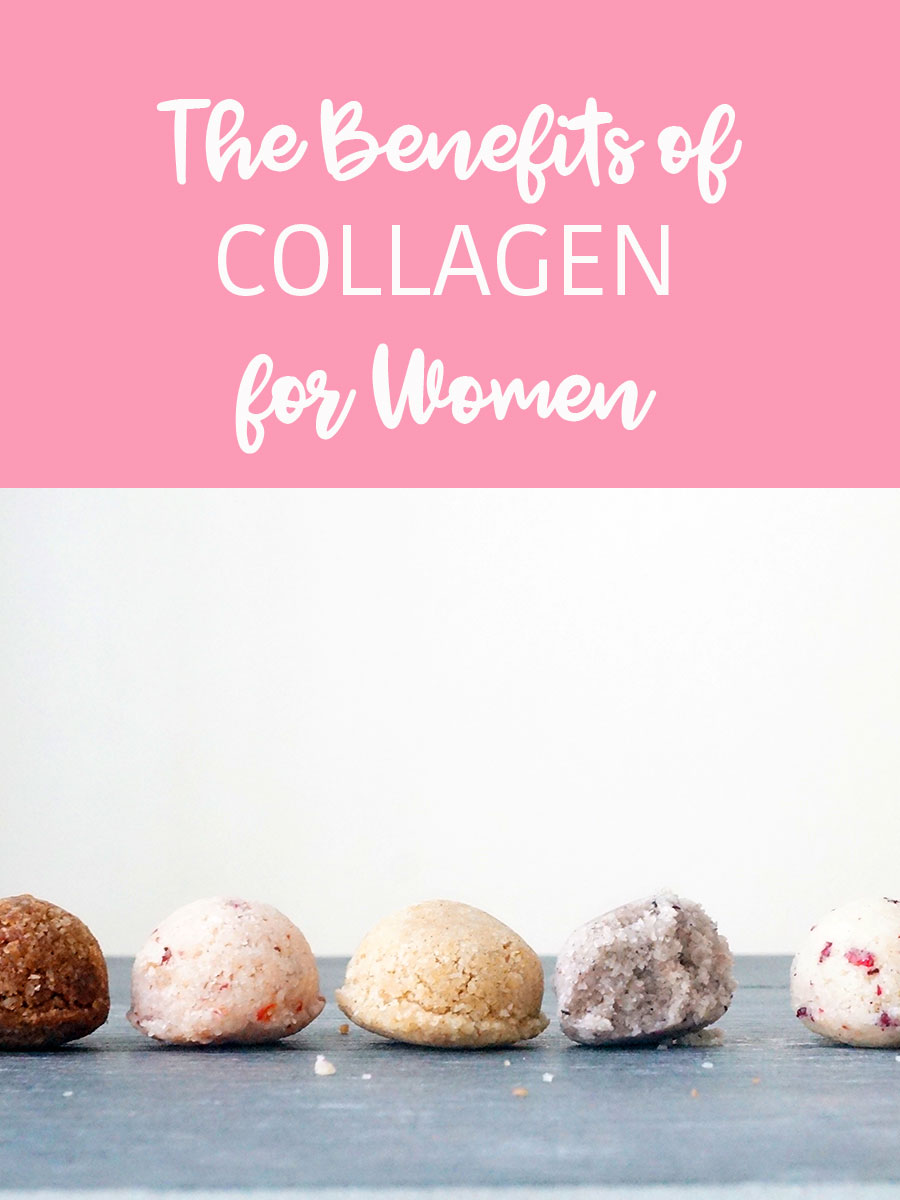
When I found out I was pregnant during a vacation in Hawaii in September 2015, we drove to an island health food store to find the best prenatal we could that day! That was the first step in my daily supplementation I took to help ensure my health and the health of my baby.
When we got home from our vacation, I did loads of research on the most important supplements to take for supporting the immune system of a pregnant woman diagnosed with autoimmune disease. I didn’t want to overload my body with store-bought supplements, especially since the diet I eat focuses heavily on some of the most health-promoting foods like wild seafood and organic leafy green vegetables. I did want to support my immune system and cells with research-supported, pregnancy-safe products though.
I had been taking gelatin for a couple years, mixed into hot teas and made into gummies, but during my first trimester, I wanted nothing to do with either! And animal protein was rarely eaten during that time because of severe morning sickness and nausea! Of course I realized that protein is one of the most important nutrients to intake as a pregnant woman, so I ordered several canisters of Vital Proteins Collagen Peptides. Collagen smoothies were a huge staple of my pregnancy diet and still happen once a day as a new mom.
Is there anything more convenient than a nutrient-packed smoothie
when you’re juggling a hungry baby, housework, and
going through your first home buying process!?
After a few weeks of taking at least 2 scoops a day via smoothies, soups, and sprinkled on frozen fruit coated with coconut milk (guilty pleasure that you have to try!), I noticed obvious improvements in my gut health, skin, hair, and joints.
Here are some of the benefits I have personally experienced from Vital Proteins Collagen Peptides
(2 scoops/day for the last 18 months)
- Improved skin integrity: I haven’t seen a single blemish and that’s through the hormonal rollercoaster that is pregnancy and post-partum! I also noticed during pregnancy that crows feet are now a thing for me. Where the heck did these come from at 28 years old? So I’ve been ensuring my collagen intake is at least 2-3 scoops a day and seen a progressive decrease in their appearance when I smile. Hormones be crazy.
- Stronger nails: My nails have always been short and brittle since I was a child. I can now grow medium-length, strong nails that don’t break. Unless I’m crazy stressed, then I start biting them again like a 6-year-old. Urgh. But at least they’re harder to bite through now? (ew ha!)
- Better Joint Recovery Post-Workout: I workout fairly intensely, it’s one of my favorite hobbies, and I have only had one very minor injury in the last year when I rolled my ankle walking Grace in her stroller (slipped on a rock going downhill). I recovered within 24 hours from that sprain. I used to sprain my ankle and knee frequently and always had terribly sore IT bands and glute muscles which is no longer the case! And my sprains used to take much longer to heal from too, at least 2 weeks. After this sprain, I came home and put a turmeric poultice on the sprain, iced and elevated it as usual and over the next 24 hours had 6 scoops of collagen. Coincidence on the rapid healing time? I don’t know, but I’m definitely going to load up on the collagen for any future injuries!
- Gut Health: Most importantly, my gut health has improved drastically. I have been plagued with constipation since I was a small child, often going weeks without a bowel movement. I am so regular now (hey, let’s talk about it!) especially if I start my morning with a collagen smoothie. I never have gas, sharp pains, or intestinal cramping anymore, which is something I thought I had to live with the rest of my life before healing my gut with AIP and proper supplementation. Part of this drastic decrease in symptoms is from removing food intolerances and including gut-healing foods like bone broth (which has similar amino acids as collagen and gelatin supplements), but I have also noticed that when I hit a plateau and then added collagen into my daily routine, my constipation and digestion improved noticeably.
Now, just like you can’t out-run a bad diet, you can’t out-collagen one either! Please be sure to always eat the most nutrient dense foods that fit into your dietary template. For me, that looks like at least 8 cups of leafy greens a day, wild seafood 7 to 9 times a week, pastured chicken livers, organic fruit, and pastured/grass-fed chicken, beef, and lamb in smaller quantities.
I do have special treats like Power Balls which are made with collagen peptides as well a couple times a week! In fact, this morning for breakfast I had a pack of Power Balls with my green collagen beauty smoothie (avocado, kale, spinach, collagen, frozen organic blueberries and Himalayan pink salt).
So why do women especially need to supplement with collagen peptides?
We are more prone to hormonal aging (seen by the loss of collagen elasticity in our skin and hair) due to the highs and lows of estrogen and progesterone throughout the month starting in our teen years or earlier and lasting until menopause at which we see a tremendous drop overall in sex hormone levels (and skin and hair health of our younger years!)We also tend to see a decrease in elasticity in our ligaments and age-related overuse injuries to our joints from decades of activity, daily weight-bearing and poor posture. Collagen supplementation can help restore joint health and ligament elasticity, but a healthy diet high in vegetables, fruits, and quality protein as well as mindfulness about posturing, are also incredibly important for long-term joint health.
WHAT ARE COLLAGEN PEPTIDES?
Collagen Peptides are small-chain proteins produced by breaking down gelatin from pastured cattle into their more easily digestible peptide chains (peptides are the building blocks of proteins)Collagen Peptides mix into both cold and hot beverages while gelatin can only be mixed into hot beverages and liquids. This allows for more varied use of Collagen Peptides in cooking and baking applications. They are especially suited for smoothies and will not turn your smoothie into a tacky mess like gelatin does.Collagen Peptides do not lose any nutritional value when heated, so they can be added to baked goods to increase the protein content without affecting the outcome (like in my Salted Dark Chocolate Chip Cookies).Collagen Peptides do not gel, so they cannot be used as a gelatin “egg” or made into gummies. You will want to purchase Vital Proteins Beef Gelatin for those purposes.
HOW ARE VITAL PROTEINS COLLAGEN PEPTIDES SOURCED?
This quote is directly from Vital Proteins FAQs page and I wanted to share with you their commitment to quality, animal welfare, and sustainability:”Vital Proteins produces its gelatin and collagen peptides in Brazil. The cattle industry in Brazil is based on perennial tropical grass pasture systems. We have taken great care to ensure that the pasture size for each animal is one animal per 2.67 acres. These standards are in alignment with the Global Animal Partnership 5-step animal welfare rating standards. Our collagen is produced exclusively in Brazil. The collagen is primarily derived from Nelore breed bovine hides. The cattle industry in Brazil is still based on grass systems, where the cattle are pasture raised. This constitutes an important advantage for Brazilian cattle.
Since the cattle were pasture-raised and grass fed, this eliminates the risk of rBGH in their feed. Brazil also has a law (Decree No 57 824 Article 4(4)) which prohibits the addition of hormones to feed. The hormone rBGH is typically injected into dairy cows to make them produce more milk. The Nelore breed is not a dairy producing cow and is strictly used as a beef breed. Based on these factors, the collagen is derived from bovine hide without the use of hormones like rBGH.”
WHAT’S THE DIFFERENCE BETWEEN COLLAGEN AND GELATIN?
The main difference is their kitchen application: Collagen Peptides can be used in both hot and cold applications without gelling which makes it a perfect addition for both smoothies or hot beverages like herbal tea or even coffee. Gelatin is dissolved in hot water to activate its gelling properties for baking applications such as “gelatin eggs”, puddings, or gelatin gummies. You CAN add gelatin to smoothies, but they will get a little gummy, so I prefer collagen for this reason.Their amino acid profile is quite similar, so there’s no nutritional benefit to one over the other.They both have virtually no taste although some people claim collagen tastes more neutral than gelatin.Gelatin has more of a tendency to clump up, so it is important to whisk it very well into hot liquid. Collagen has the tendency to froth in a blender, which makes for delightful “frappuccino” beverages, if desired!
9 RECIPES USING COLLAGEN PEPTIDES OR GELATIN!
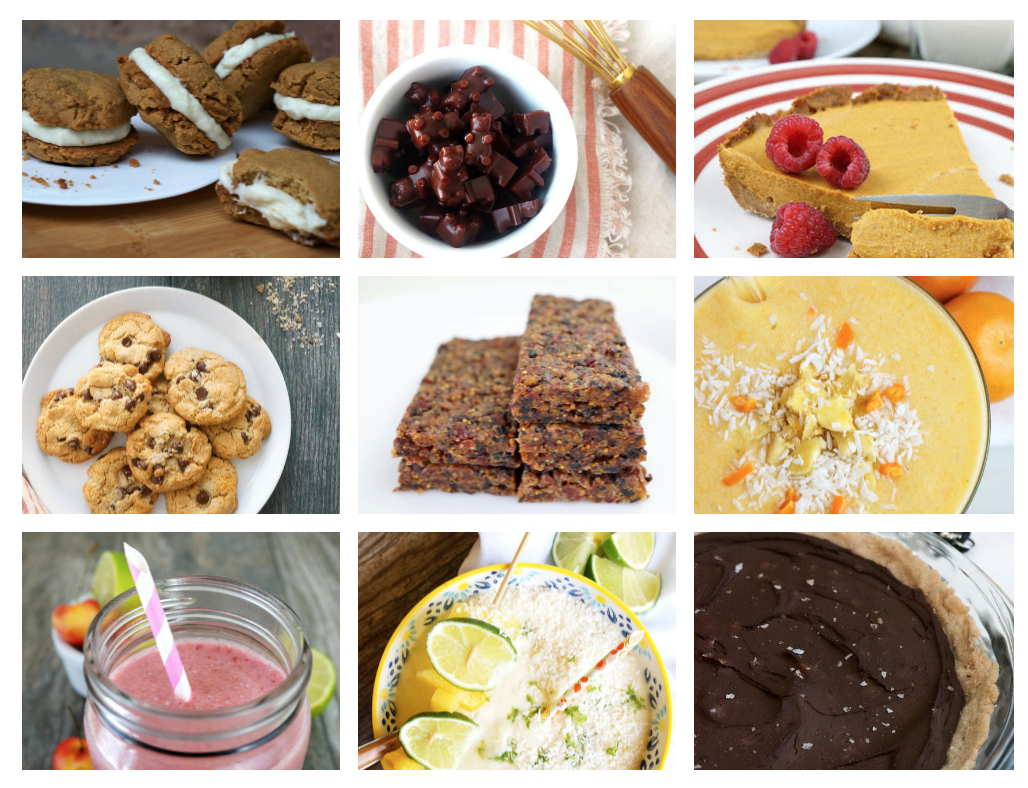
This post contains affiliate links from Vital Proteins & Power Balls

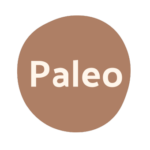

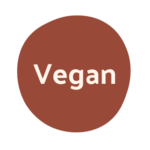


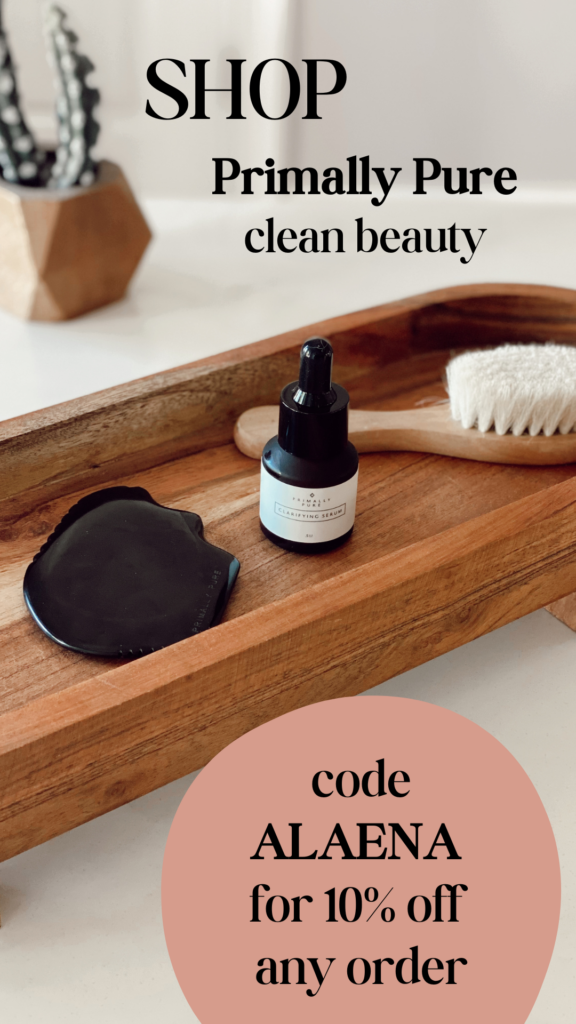

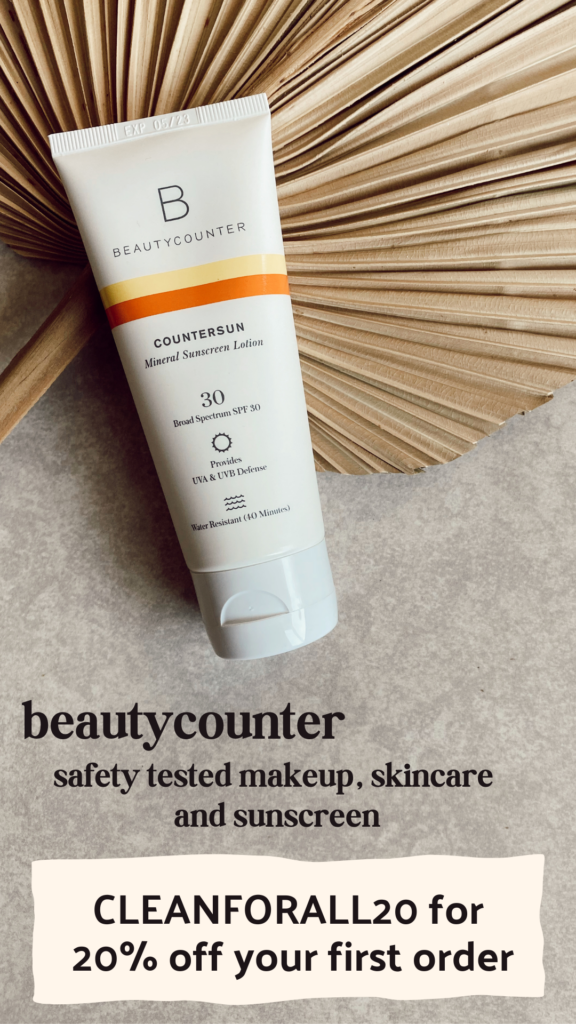
17 Responses
So it’s safe to eat/drink collage peptides while pregnant? I currently use Further Food’s collagen peptide and want to make sure it is safe to use through pregnancy. Did you ask your doctor about it? I’ve read benefits of it online, but no one seems to have the official “ok” from their doctor.
Probably because most doctors have no idea what grassfed collagen protein is… I had it every single day during my pregnancy. I don’t see an issue with it at all especially when sourced properly!
Hi is it safe to use collagen gold when pregnant, Iv used it when not been pregnant and found the benefits great so would like to continue using it
I’ve never heard of collagen gold, but I had collagen in a green smoothie every morning while pregnant.
It was nice how you said that collagen peptides are more helpful to women because they are more prone to skin aging and collagen peptides help restore joint health and ligament elasticity. I’ll be sure to let my sister know about that because she’s very much interested in keeping herself beautiful. Now that her wedding is next year, I feel even more obligated to help her in keeping her youthful look and glow. Thanks!
Is Vital Proteins Collagen Beauty Greens safe during pregancy. It works as a great energy help for me. Should I stop now that I’m pregnant?
I used regular Vital Proteins Collagen during pregnancy but not the Beauty Greens, so I’m not familiar with the ingredients, but regular collagen is perfectly safe!
Will Vital Proteins Collagen help with dark circles/ tired eyes?
I haven’t heard of that being a benefit for someone. I use Beautycounter’s Rejuvenating & Countermatch Eye Creams to help with that. Rejuvenating is best for dark circles & Countermatch is best for puffiness.
The collagen you put on the outside is NEVER as effective as what you put inside your body.
Hello! Are collagen peptides safe while breastfeeding?
There’s no study suggesting yes or no, but considering it’s a whole food high quality animal source of protein, I felt very comfortable myself taking everyday while pregnant.
Thanks a lot for sharing this amazing article.
Thanks I just learn a lot more about this whole food. I am currently taking it for improvement of my digestive system
Since I’ve been using collagen, I have not been constipated, & I do not feel too much pain in my joints like before, I like to pour into my coffee every morning , I will continue using this supplement for very long.
Does collagen make any of you feel extremely full and constipated?
Yes I have been so constipated, thinking of stopping it for a while